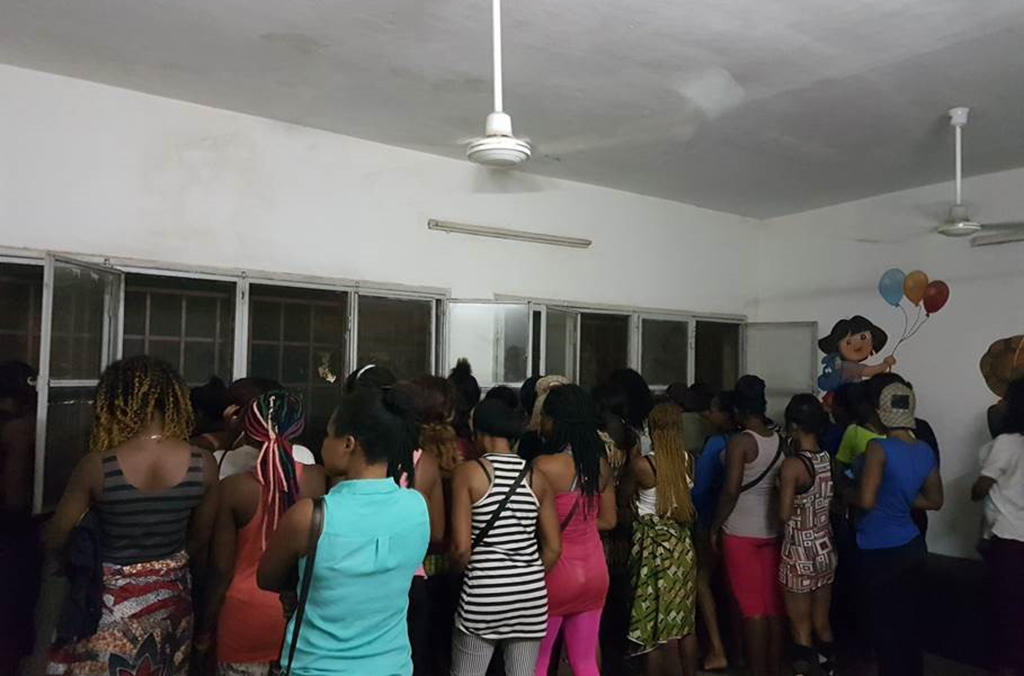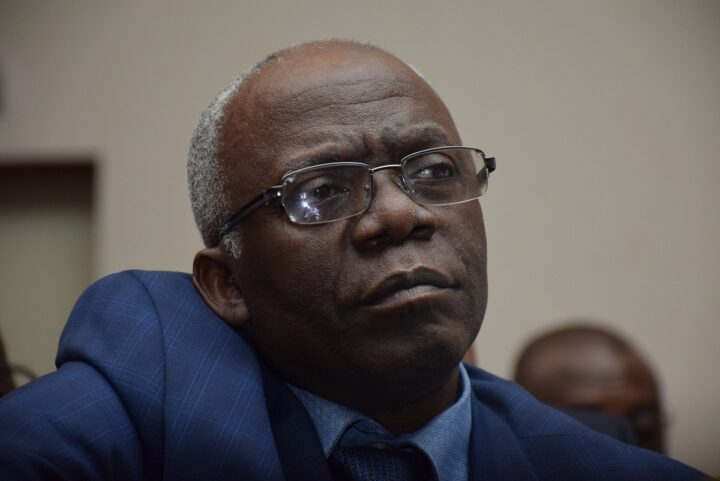The United Kingdom’s Department for International Development (DfID) is supporting the Not For Sale campaign launched to curb trafficking of girls and women from Nigeria.
The campaign which started in March is targeted at young women who are desperate to leave Nigeria. They were warned to stay off the UK or risk ending up as modern slaves.
Some women shared their experiences on how they were tempted to travel to Europe but eventually got something doing in Nigeria.
With the UK’s backing, posters are to be placed in schools, churches and marketplaces in an attempt to reduce trafficking, sexual exploitation and forced labour.
Advertisement
In a report by the UK Independent, DFID said the campaign focuses on “aspirational stories of women who have established successful careers in Nigeria.”
The newspaper quoted Penny Mordaunt, a member of UK parliament, to have described modern slavery as one of the greatest human rights abuses.
“UK aid is working in partnership with the National Crime Agency and Nigerian law enforcement to stop it at its source,” she said.
Advertisement
“Together we are tackling the root causes of dangerous migration to prevent vulnerable women and girls from becoming targeted by traffickers.
“The benefits of this will be far-reaching – preventing regional instability and helping us tackle modern slavery here in the UK.”
Gift Jonathan, one of the victims featured in the adverts, explained how she was raped and tortured when she tried to move to Europe.
“Things were so hard that when my friend told me about travelling to Germany, guy I moved! We only made it to Libya. I was sold, raped and tortured. I saw many Nigerians die including my friend Iniobong,” she had said.
Advertisement
The single mother of two has returned to Nigeria and started her baking business which she said brings her enough money to take care of her family.
Operating in about 12 countries since 2007, the Not For Sale has supported nearly 35,000 survivors and at-risk individuals, providing them long-term care, housing, education, vocational training, and healthcare.
Add a comment







